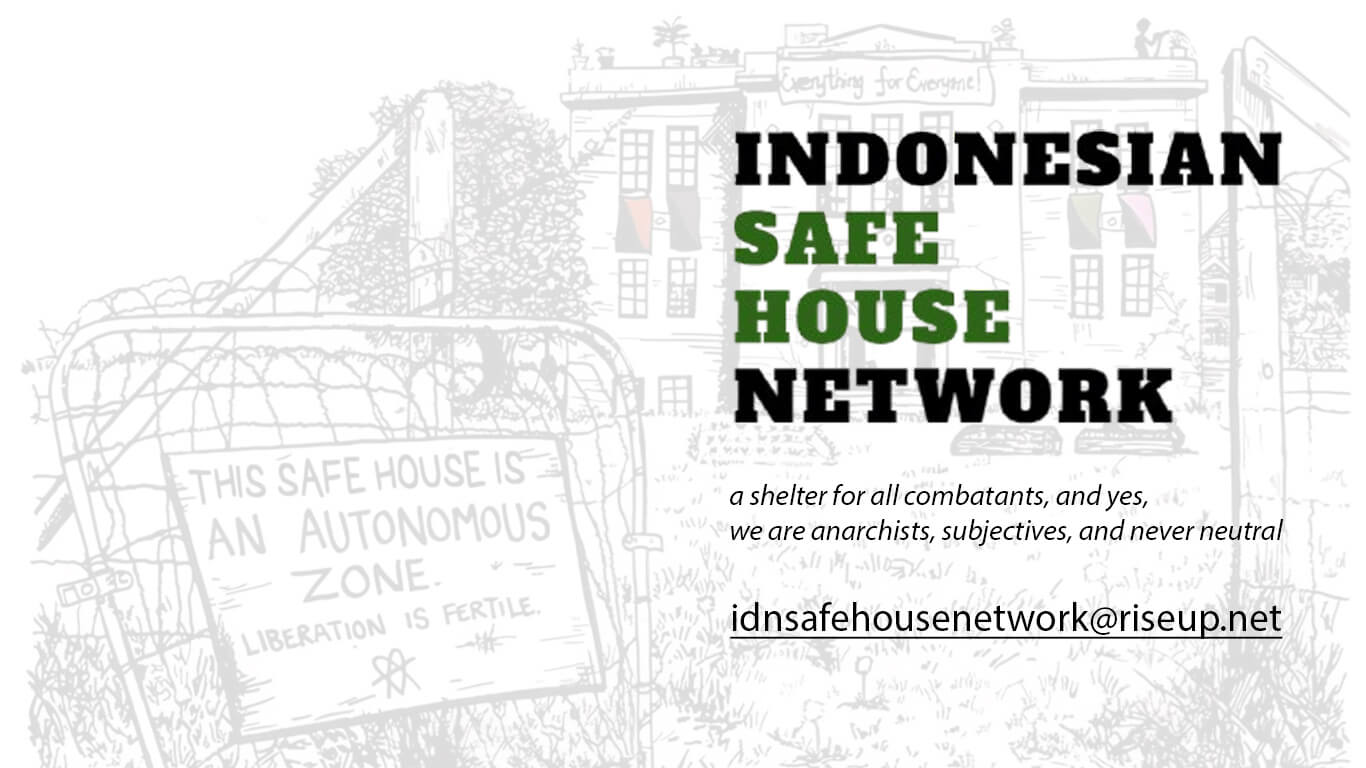
Statements by Anna Beniamino, from Rebibbia prison, and Juan Sorroche, from Terni prison, and greetings from Action for Palestine Ireland on the occasion of the “Sabotage the War and Repression” initiatives on February 7 and 8 in Viterbo
Some contributions from inside and outside prisons for the initiatives
“Sabotage war and repression” on February 7 and 8 in Viterbo
On February 7, about 150 people took to the streets in Viterbo for a radical demonstration that showed how it is possible and necessary to link the issues of war and repression: with the resistance of the Palestinian people, against defeatism in Ukraine, against repression as an expression of war policies on the home front, against 41 bis as a war prison, and in solidarity with Alfredo Cospito. These issues were explored in greater depth the following day, again in the city of Viterbo, at a very rich militant conference. Here is the text announcing the two initiatives:
https://ilrovescio.info/wp-content/uploads/2025/12/Sabotiamo-la-guerra-e-la-repressione-corretto-al-23.12.pdf
While waiting to publish further material as it becomes available, we are circulating letters from Anna and Juan from the prisons where they are being held as contributions to the conference on February 8. We are also publishing a greeting from Ireland, as partial testimony to the internationalist nature of the days of struggle and discussion on February 7 and 8.
* * *
Contribution by Anna Beniamino from section AS2 of the Rebibbia women’s prison (Rome) for the conference held on February 8 in Viterbo.
First of all, thank you for asking me to contribute to the conference on War and Repression. I will try, starting from the perspective that is, despite myself, clearer here: repression and the ‘local’ repercussions, in prisons, of global policies of war, economic austerity, and the militarization of society.
I am aware that there are no theoretical recipes or detailed, definitive analyses, but only a simple and solid certainty that any real, non-virtual struggle implies reaction and repression.
The problem is ‘only’ to take this into account, to be ready and not to be paralyzed by fear of it, to build solidarity and awareness of one’s own means and ends, with continuity and tenacity. Especially in these times when preventive repressive work is spreading across multiple levels, both covert and overt.
Starting in 2022, when Alfredo was transferred to 41 bis, I wrote several times about differentiated circuits and regimes as well as, long before that, inside and outside prison, about struggles and repression, in ordinary and “extraordinary” terms; I refer back to all this and to my latest notes for the Roman assembly against 41 bis.
Essentially, I believe that the discussion should be resumed… because it is never over, nor have the ethical assumptions that supported it fallen away, so as not to leave a well-established discussion unfinished, not to leave a comrade alone, not to waste an opportunity in which a single battle has shown how we can be together, “irredeemable” and positively recognizable outside the narrow area of the anarchist movement in its content, so as not to leave alone the comrades who are now facing the various trials connected with the mobilization, because credibility is also built on continuity and consistency, because the mask has been removed from one of the pillars of bipartisan rhetoric on “mafia and terrorism,” because the “fight against terrorism” is now a global smokescreen and the current context of militarized capitalism and blatant neocolonialism in the procurement of resources and the opening of trade routes lends itself well to the reception of an anti-authoritarian, anti-militarist message of solidarity among the oppressed. Continue reading “Italy: Statements by Anna Beniamino, from Rebibbia prison, and Juan Sorroche, from Terni prison, and greetings from Action for Palestine Ireland on the occasion of the “Sabotage the War and Repression” initiatives on February 7 and 8 in Viterbo”





